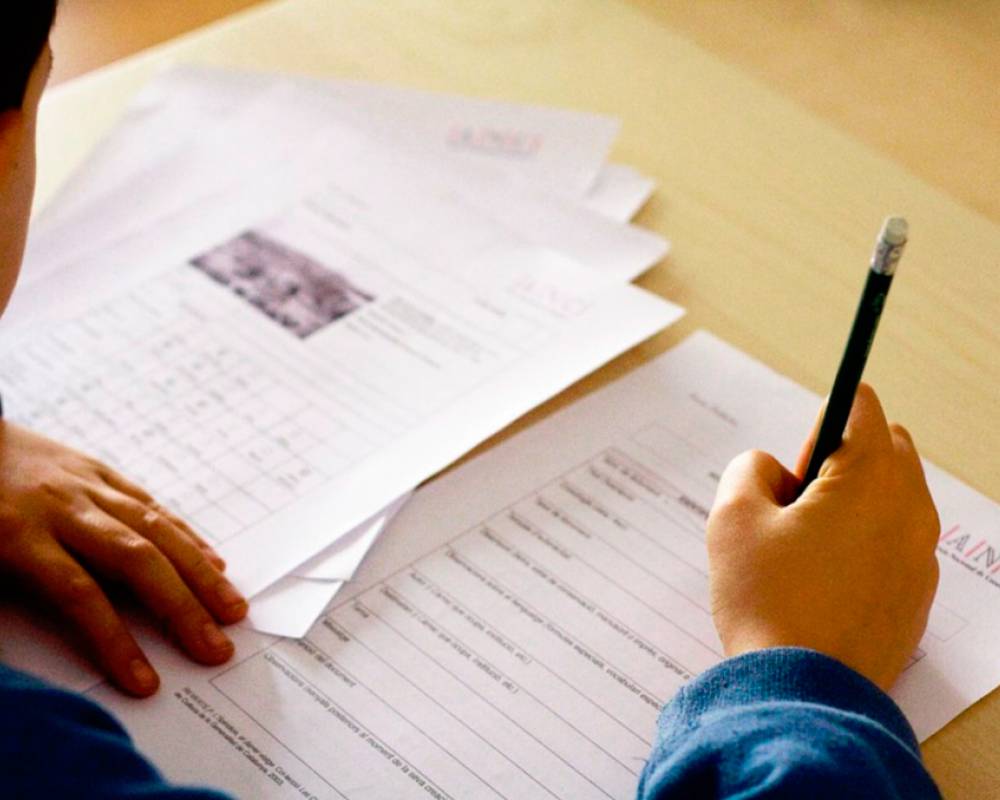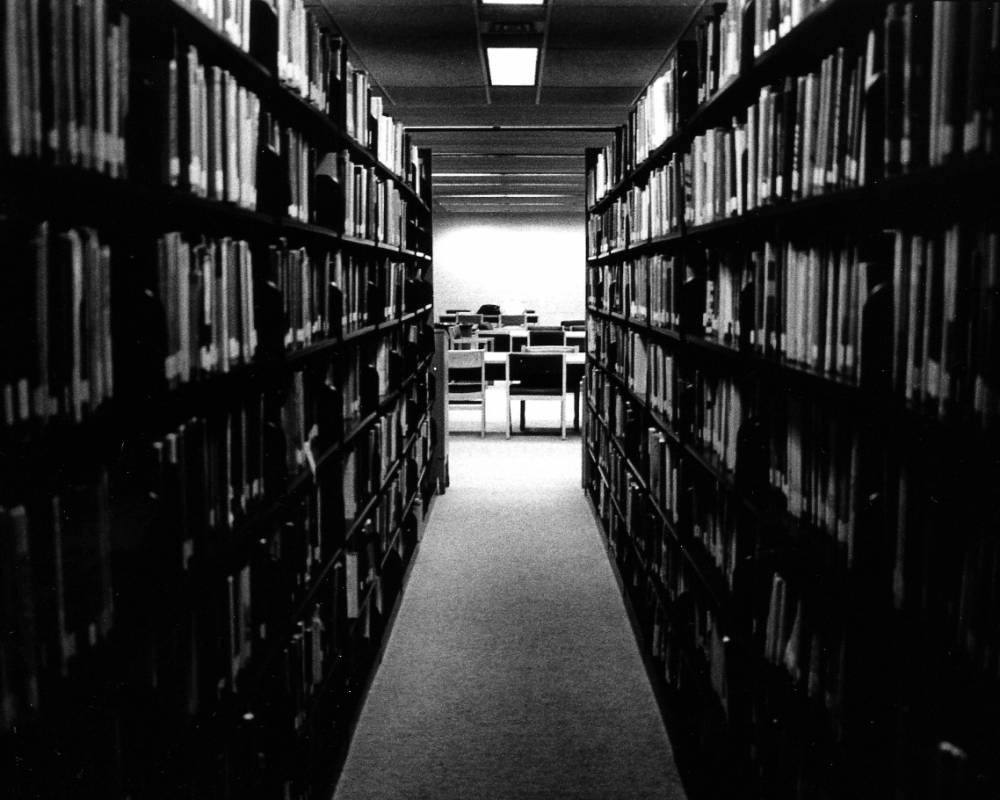
Documentary heritage is a fundamental inheritance of our culture and historical memory that must be transmitted to future generations in the best possible condition. The archives are the centres responsible for dealing with, conserving and spreading the word about this heritage.
Spread all around Catalonia are three hundred archives that conserve a wide range of documentation (text, audiovisual, cartographic, digital documents, etc.) which may be attached to public administration (town halls, councils, the Generalitat...) corporations and official bodies (universities, colleges...) or private bodies (church archives, associations, foundations...).
However, as well as being one of the main sources of information used for preserving our culture, the archives are also the base that makes it possible to apply a document management system, starting with all document-related processes from receiving then through to elimination or the decision to permanently conserve them.
The documents receive an archival treatment which is applied equally whether the document is a medieval parchment, sheet music, a photograph or a planning permission licence, and this is applied from the moment the document is created.
Archive of Jutjats de Sant Boi de Llobregat / ESAGED1180522. Public Domain.
Historical Archive of the/ Kippelboy. CC BY-SA 3.0
Usages of Barcelona / Mestre de l'Escrivà. Public Domain.
Photo of the Tragic Week in Barcelona / Public Domain.
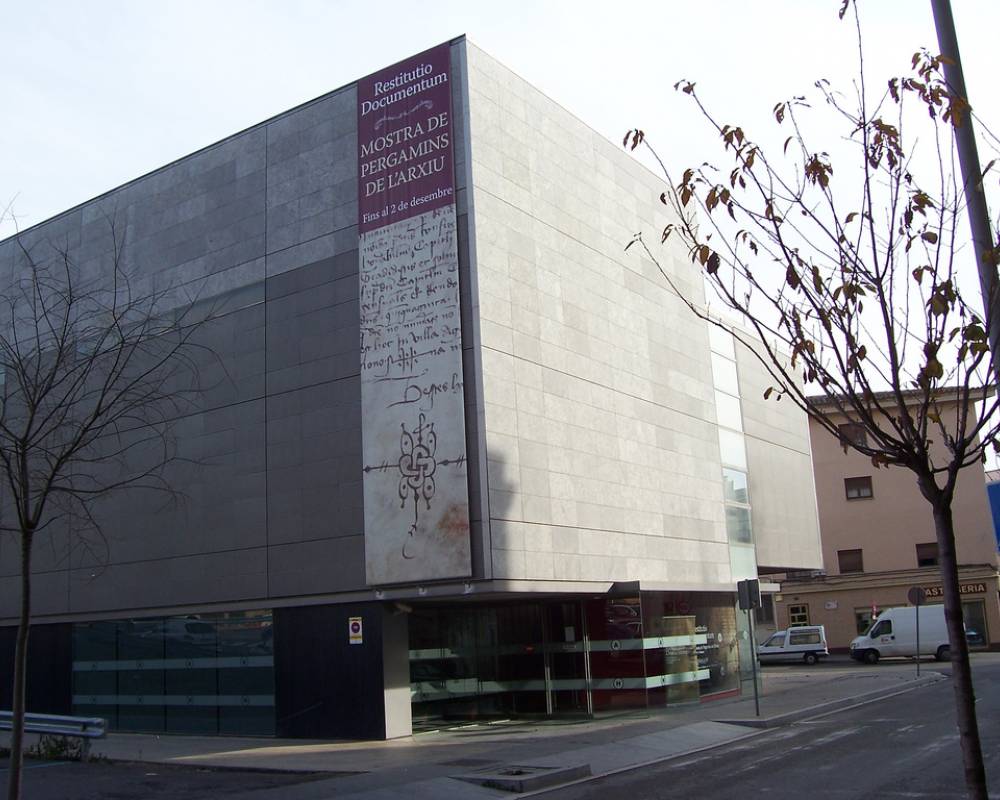
The term archive has three possible meanings which need to be distinguished. The archive as a group of documents, in other words, a documentary or group of documentaries, from any date, format or material support.
The archive as an organism, responsible for the organisation, guardianship, management, description, conservation and spreading of documents.
And, finally, the archive as a physical space, in other words, the building where documents are found, where archivists and other professionals work and where users can go to carry out their research.
Arxiu Històric de Lleida/ Galifardeu. CC BY-SA 3.0
When we speak about an archive document, we are referring to all the information contained within any type of material support, whether it is text, graphical (maps and icons), audiovisual (sound, still or moving images) or digital.
The document has certain traits that give it a particular personality, depending on its serial character, genesis (from the activity of its creator), its exclusivity (when the information it contains cannot be found in the same format in other documents) and its interrelationship (it is not an isolated piece, but rather forms part of a group of documents).
Depending on the life cycle of the documents, archives go through various stages:
Pre-archive stage: When the document is the object of intense use in offices in the first phase of its creation or reception by a decision of the affairs (management archives).
Archive stage: At the end of the process for which they were created, documents go through a stage where they are used only theoretically and at a time deemed suitable for management (administrative archives).
And, finally, once they have been evaluated, only those documents selected on account of their informative, historical and cultural value are permanently conserved and in conditions which will guarantee their integrity (historical archives).
Crònica de Bernat Desclot 1288/ Public Domain.
Public Domain.
Imatge de Clotilde Godó amb Enric Granados/ Public Domain.

Are you looking for an archive in Catalonia and don't know where to start? Do you want to find out what archives there are in your municipality or region? Do you know exactly how many archives there are in Catalonia?...
To answer this and other questions, go to Cercador d'arxius de Catalunya. Here you can search by the name of the archive, municipality or region you're in or its ownership. Enter your search and find what you're looking for.
Public Domain.
If you want to locate an archive document, you'll need to keep several factors in mind. Who produced it? Is it an administrative document or does it have some historical or cultural value? What format is it in? What area does it come from?
Depending on these questions, you'll need to find out:
If it is a document created by a public or private institution or is a personal document: you'll be searching in the public or private archives, archives of bodies and personal archives.
If it is being used in a general process or has acquired a primarily cultural value: you'll need to search the administrative or historical archives.
What material support it is in, as some archives specialise in the conservation and protection of documents that require specific treatment (cartographic, photographic, audiovisual and audio documents etc.).
Finally, what is its area of origin so you know whether you need to go to a local, regional, national or state archive.
Public Domain.
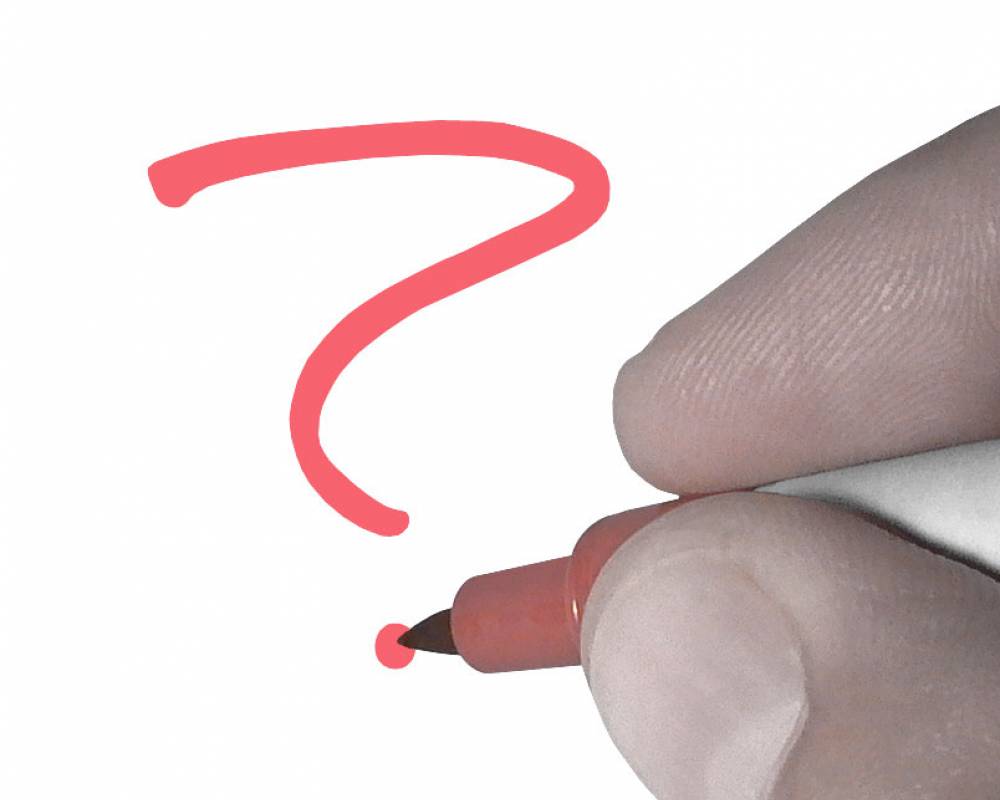
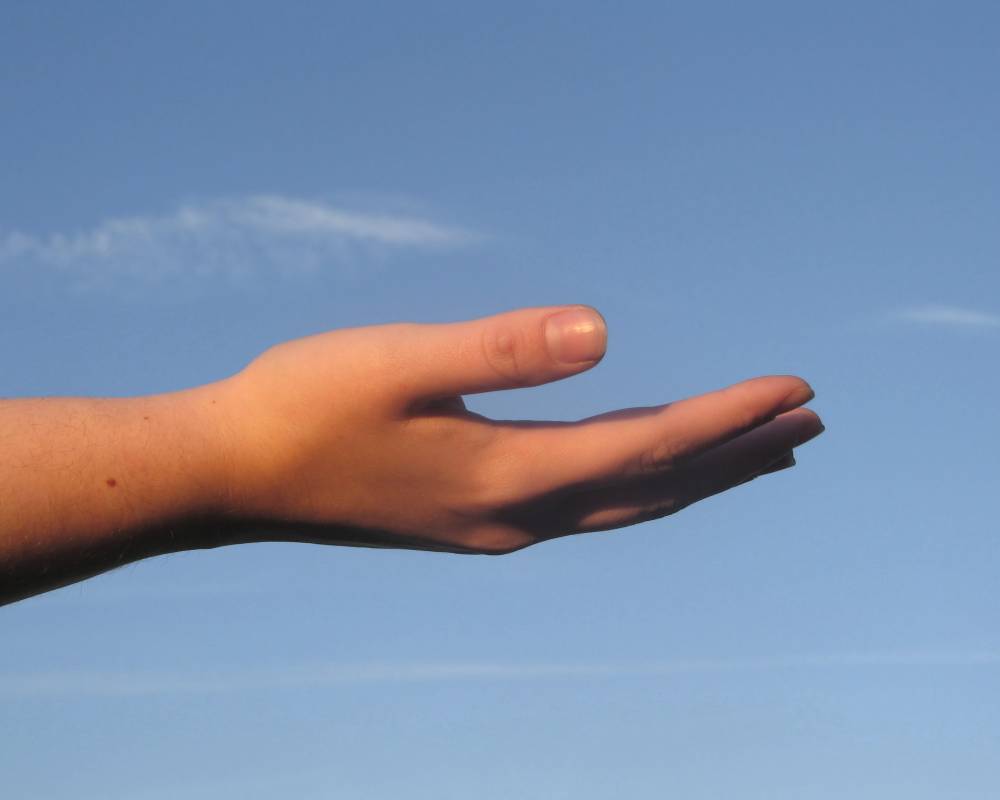
The archives run by the Generalitat of Catalonia accept and look after documents with a wide range of origins, with both a public and private scope.
Private documents make their way into the archives via donations, deposit transfers and also through purchases.
If you have documentation related to the world of non-profit organisations (political parties, unions, entities, foundations, associations, etc.) the business world, family lineages or related to individuals who have had a noteworthy career, you can make your donation or deposit it in one of the archives run by the Generalitat.
To do this, get in touch directly with any of the archives in the Generalitat Network or send us an email explaining that you would like to make a donation or deposit.
Bearing in mind the historical interest of documents and their regional scope, the Department of Culture will evaluate whether to accept the donation or deposit and will determine the Generalitat archive in which to house the documents.
Public Domain.
The inclusion of items relating to documentary heritage in the Catalan Cultural Heritage Catalogue will be made by a resolution of the Councillor for Culture and Media and may be included as individual items or as a collection.
Currently, the items relating to documentary heritage that form part of the Catalan Cultural Heritage Catalogue are: l’Arxiu de la Baronia d'Eramprunyà (Arxiu Comarcal del Baix Llobregat / Arxiu Nacional de Catalunya), l’Arxiu Josep Puig i Cadafalch (Arxiu Nacional de Catalunya), l’Arxiu Barraquer (Arxiu Nacional de Catalunya), l’Arxiu Històric del Centre Excursionista de Catalunya, l’Arxiu Fotogràfic del Centre Excursionista de Catalunya i el Fons Baltasar Porcel (Arxiu Nacional de Catalunya).
As part of their task of spreading documentary heritage, Catalan archives organise all kinds of educational and cultural activities so people can learn about their documents and their uses as well as educating audiences such as the general public.
Exhibitions, guided visits, dramatised visits, workshops, courses and specialised informative conferences are just some of the options you have to delve into and become familiar with Catalonia's documentary heritage.
Visit the website of the Department of Culture and find the activity you're most interested in.
Public Domain.
